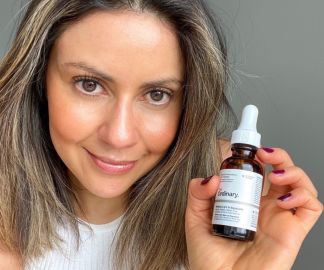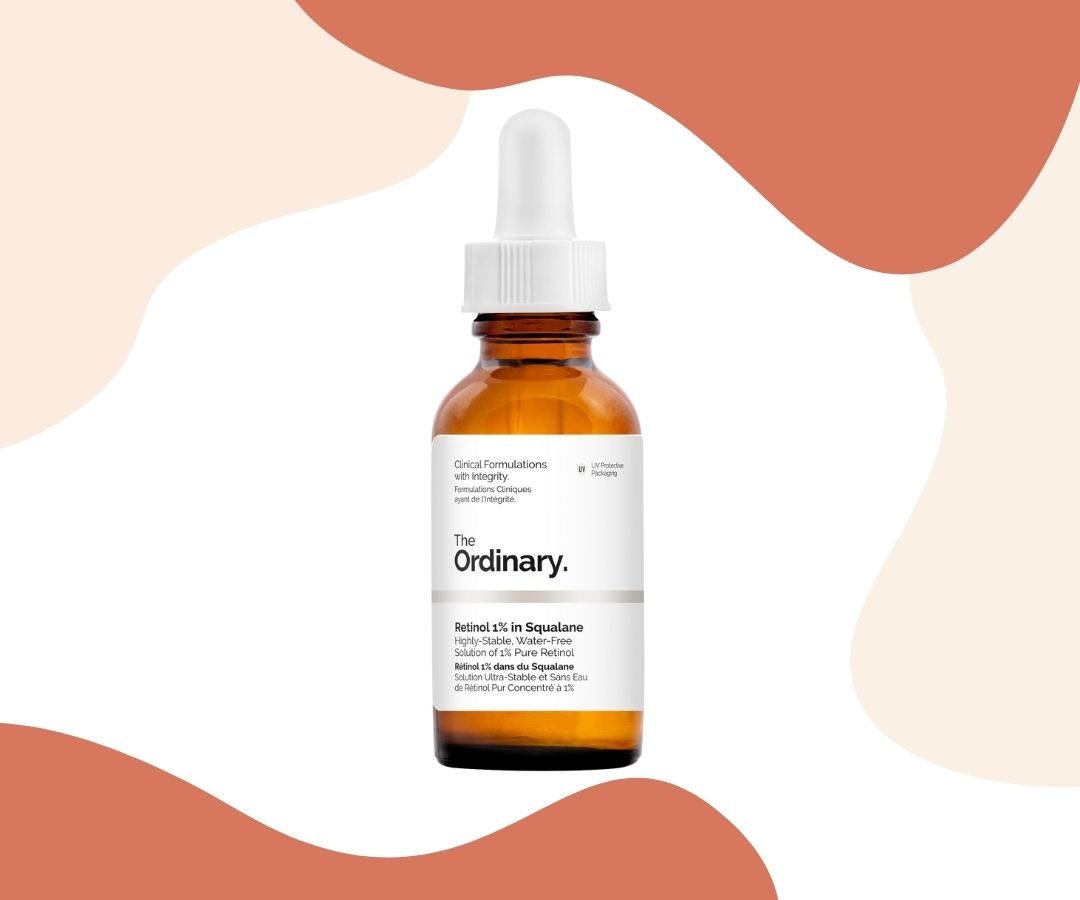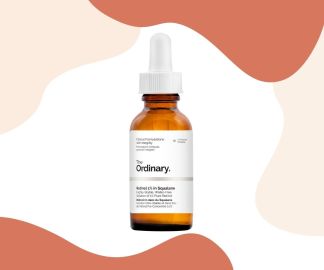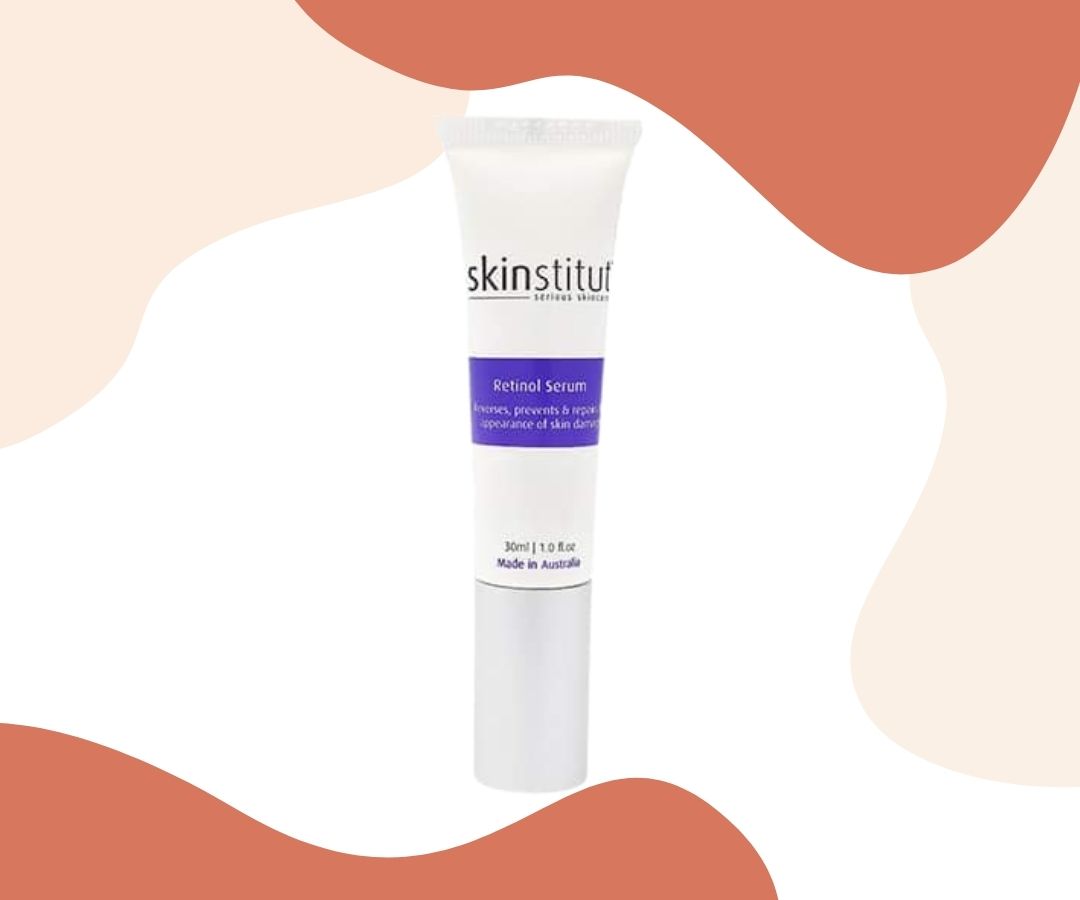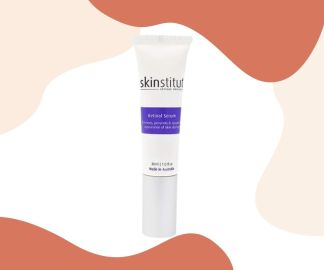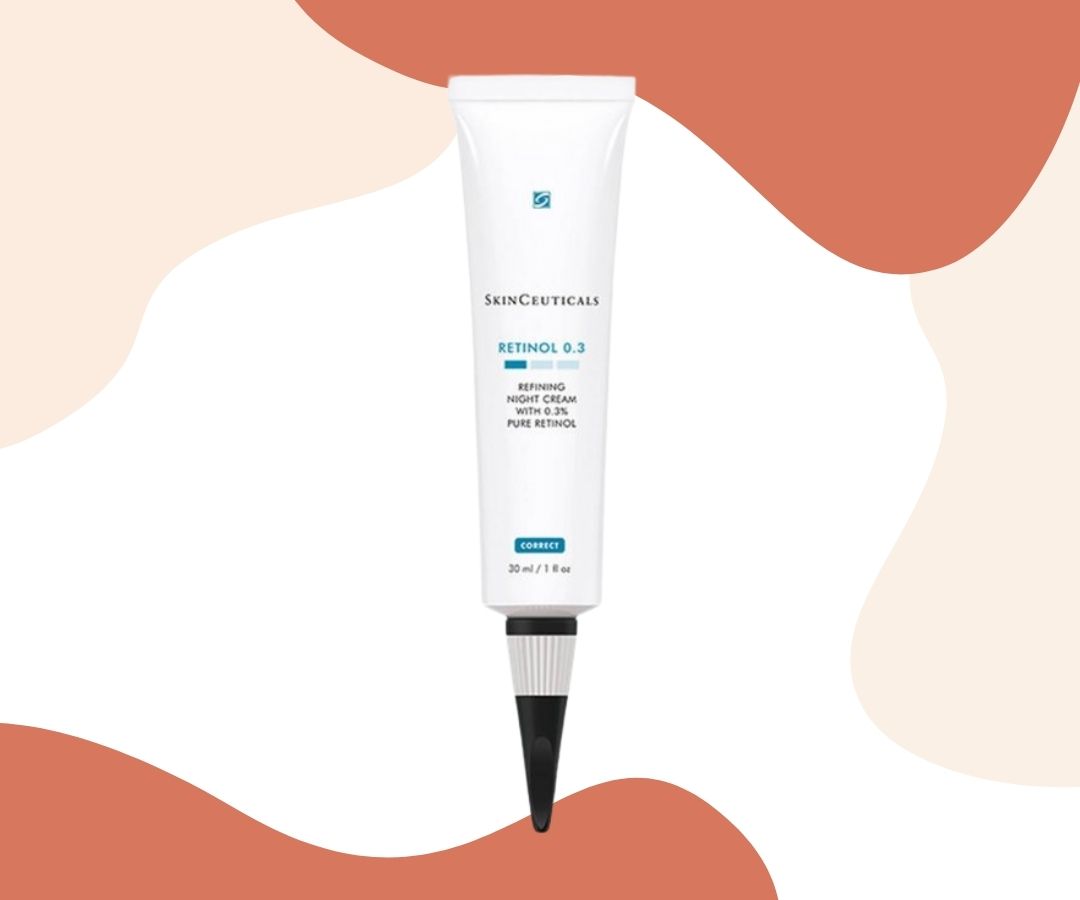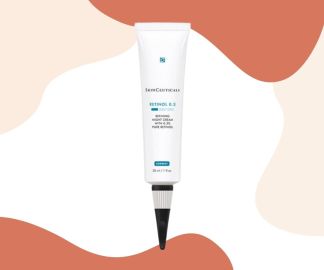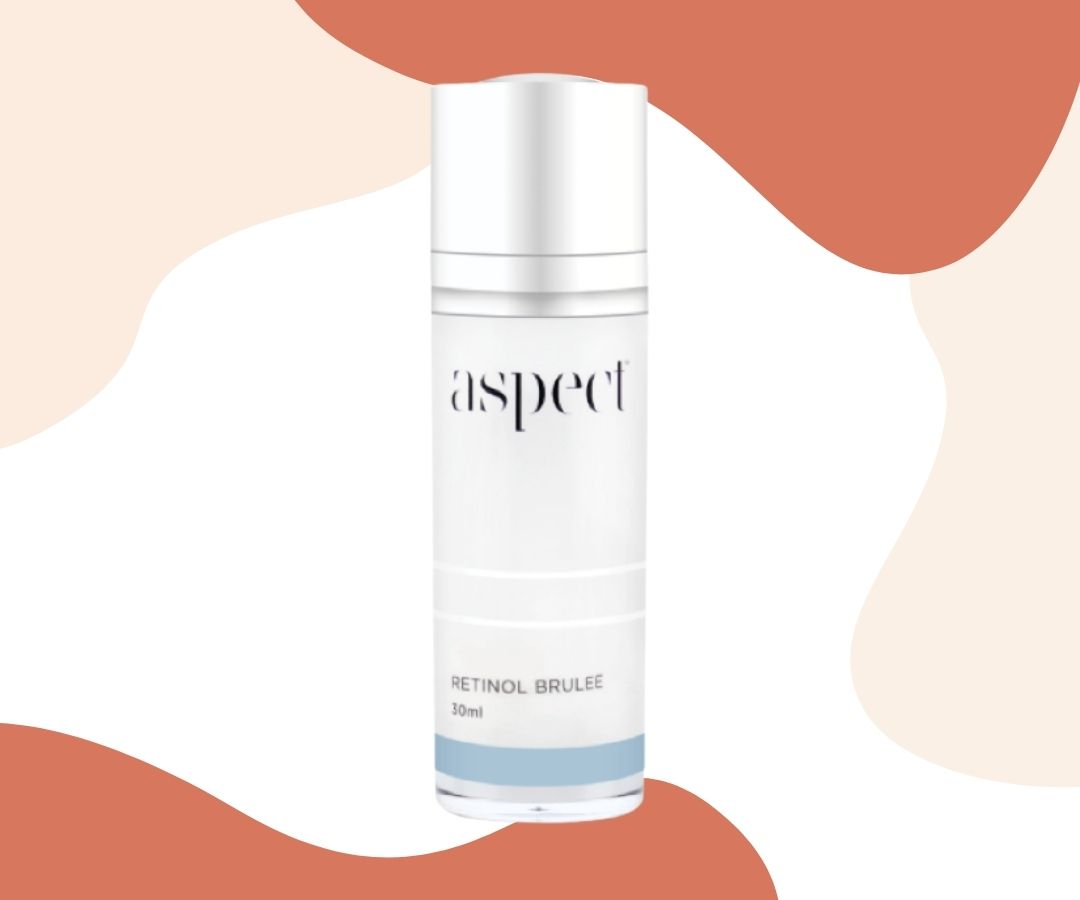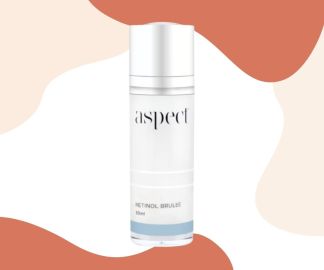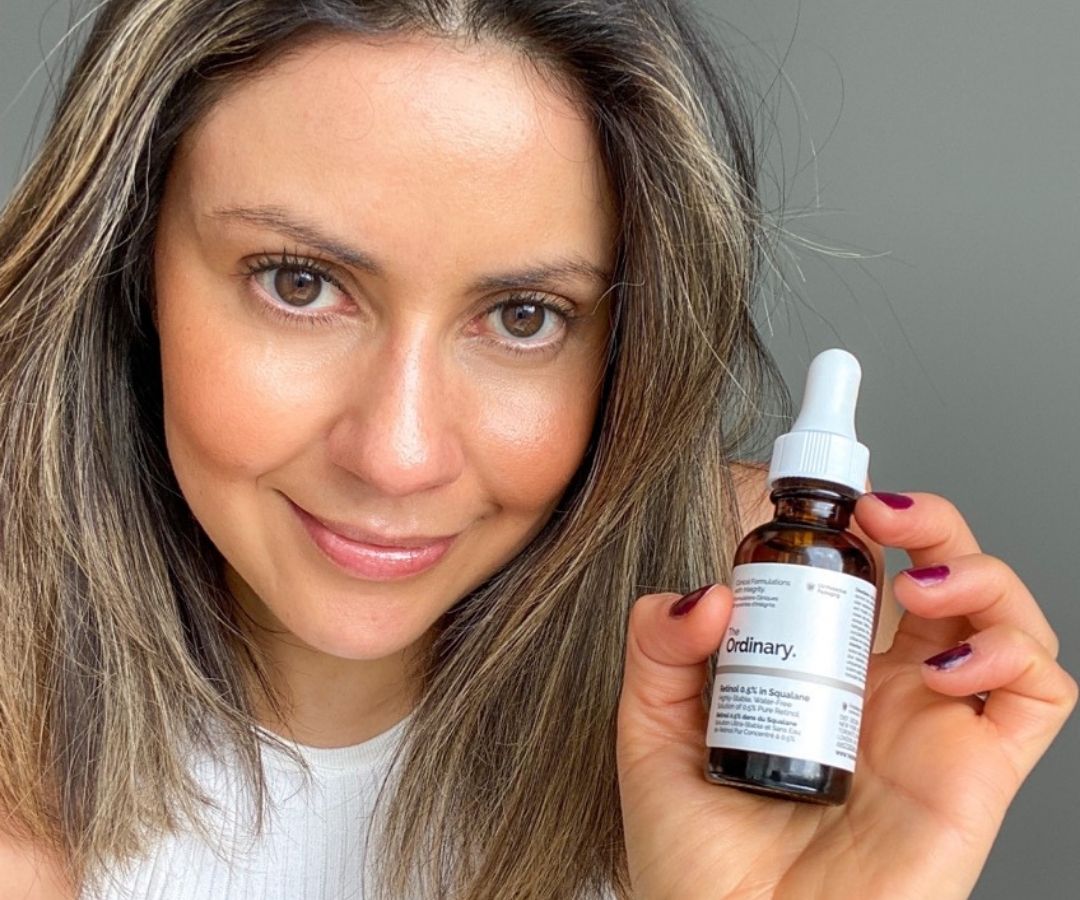
Hi, I’m a Dermal Therapist and I don’t think I'll ever love another skincare ingredient more than I love retinoids.
(OK, maybe niacinamide comes a close second, but my heart does predominantly beat for retinoids.)
Retinoids are a group of compounds - including retinol - derived from vitamin A.
Vitamin A is the gold standard of anti-ageing skincare ingredients, but I find a lot of people are confused by it.
Just a few common vitamin A questions I hear often include: What's the best retinol serum? Do gentle retinol serums exist? Why does retinol irritate my face? Is more expensive better?
I hear you. Thankfully, Adore stocks a lot of great retinol products, so let's break them down to find out which one's right for your skin type (and budget).
Firstly, What Is Vitamin A for Skin?
Vitamin A is a vitamin that has repeatedly proven anti-ageing benefits in scientific studies.
It’s known to increase cellular turnover, even out pigmentation, minimise fine lines, help with acne and improve overall skin appearance, texture and collagen production.
In short, it has a magical way of transforming skin. But did you know there are different types of vitamin A? The most common one you might've heard of is called retinol.
You can learn more about vitamin A in our retinol YouTube video below.

